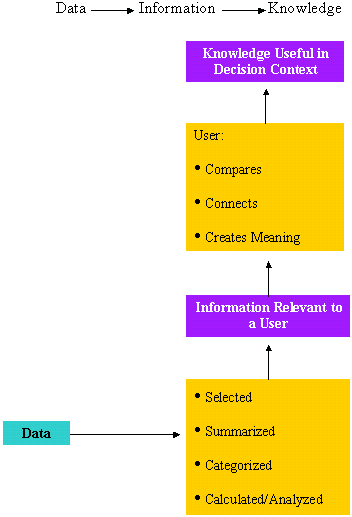Mission and Vision
The mission of the National Information Center for Higher Education Policymaking and Analysis is to provide state policymakers and analysts timely and accurate data and information that are useful in making sound higher education policy decisions. Through the work of a small staff and the operation of a website, the Information Center will be the only comprehensive "one-stop-shop" for state-level higher education data and information, and a leader in coordinating activities and securing funds for the collection of missing data and information that are crucial for higher education policy analysis.
The Information Center will be the leader in providing data and information organized in such a way that has meaning and utility for state policymakers as they address higher education policy issues. Through the operation of a user-friendly website, it will provide open access (free of charge) to accurate data and information collected from well-respected sources and provide links to other useful information-all of which are combined to address the most critical policy issues facing higher education. The Information Center's website will be more than a set of referrals to other sites. More specifically, it will:
- Provide a broad coverage of data and information regarding the preparation for college, the transition from high school to college, college participation and completion, the transition from college to work, the benefits of higher education, and higher education finance. It also will provide other useful information (e.g., research and development expenditures, projections of high school graduates, and descriptions of the adult population in each state).
- Enable state policymakers to quickly and easily compare their states to others across the U.S. and, where possible, analyze data by county so they can identify problem areas within their borders. Like Measuring Up: The State-by-State Report Card for Higher Education, the ability to benchmark against other states will help policymakers establish priorities based on comparative weaknesses. To this end, the availability of data and information at least at the state level will be the criterion for inclusion.
- Provide access to contextual information that is useful in the quest to create or reform higher education policy. For each measure reported on the Information Center's website, there will be links to additional information that will help the user apply the information in the context of policymaking.
The end result is turning data into information, and information into the knowledge needed to make well-informed policy decisions.
